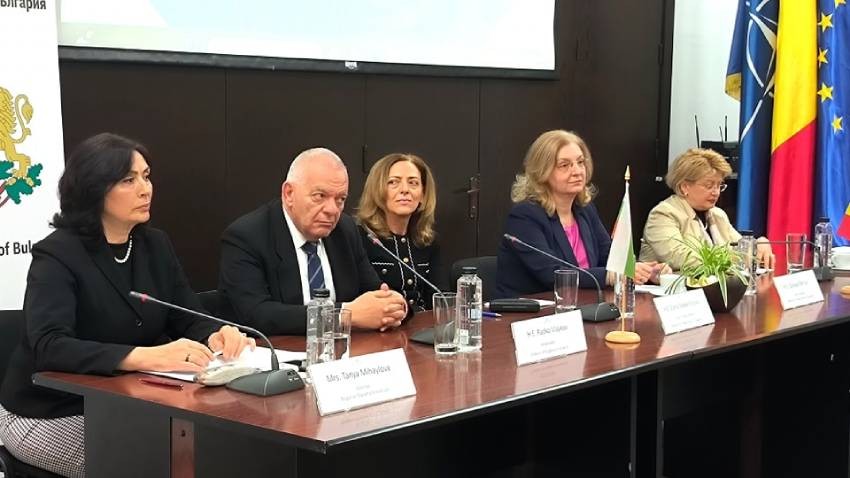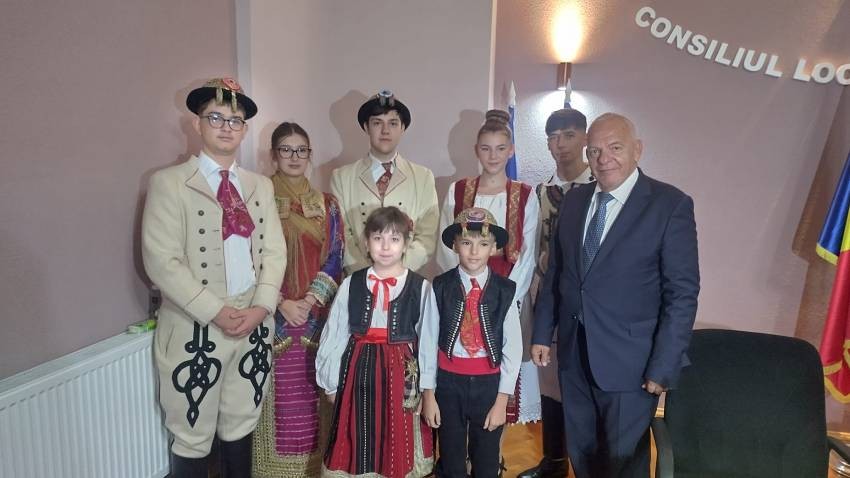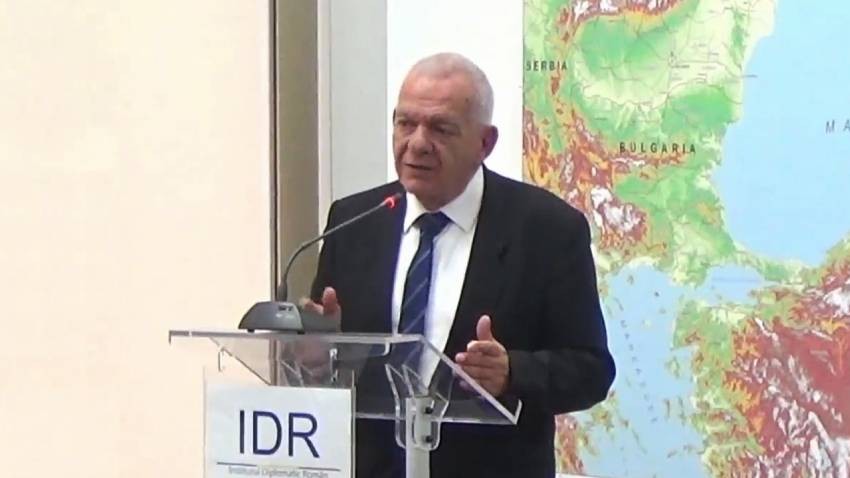



Bulgaria’s Parliament failed to hold a session on October 15. "The next session is tomorrow at 9 a.m.", announced National Assembly Speaker Natalia Kiselova. Only 61 MPs registered for attendance during the first and only attempt to open the..
Yet another disaster, yet another series of analyses and post-hoc actions by the relevant institutions. The devastating flood that hit the resort village of Elenite a week ago, claiming four lives, has led the state to realise that the flooded..
“ The result of the changes in the services is the crushing of inconvenient opponents, ever more aggressive political repression, and the ever more brazen plunder of public resources and private business – about which we will be learning less and less,”..

+359 2 9336 661
